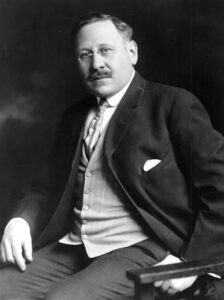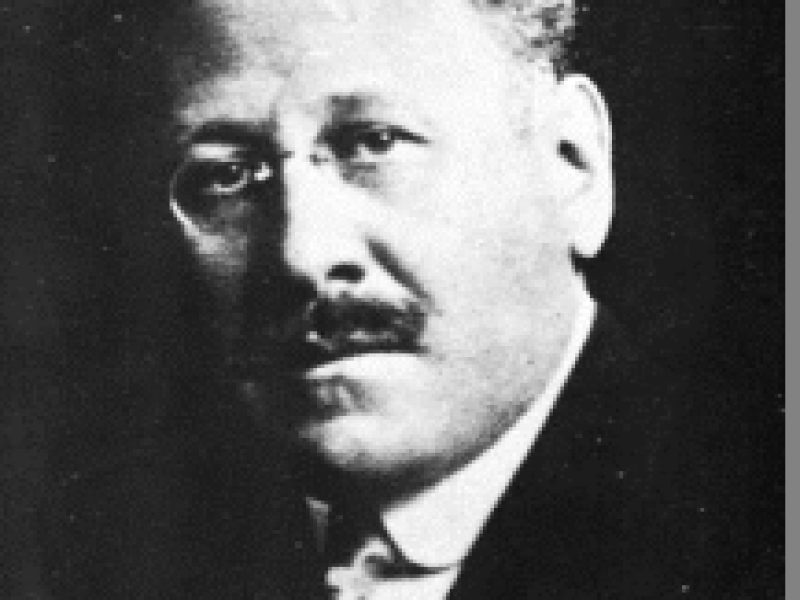Julius Rosenwald

Julius Rosenwald
Businessman and Philanthropist
Julius Rosenwald was an entrepreneurial figure who eventually became the CEO and part owner of Sears, Roebuck and Co. In addition to his business acumen, he had a heart for philanthropy and donated millions of dollars to issues ignored by the general public. His countless donations included funding schools to educate African-American children, museums, colleges, and the support for social and cultural centers including YMCAs in cities across America.

Philanthropy
The Julius Rosenwald Fund donated over $70 million to public schools, colleges and universities, museums, Jewish charities and African American institutions.
Legacy Projects
- Helped support the construction of 24 YMCAs for African Americans
- Funded over 5000 schools for Black children between 1912-1932
- Built the famous Chicago Museum for Science and Industry as well as donated to various colleges and museums nationwide
YMCAs for African Americans
In 1910, the YMCA asked Rosenwald to fund a proposal for a new building in Chicago. Rosenwald replied that he would contribute only if a center for African Americans were also constructed. The result was the Wabash Avenue YMCA, opened in 1914, which would later become an historic landmark.
Rosenwald went on to offer challenge grants to cities across the United States to build YMCAs for African Americans. He promised to give $25,000 to any city that could raise $75,000 to build a YMCA for African Americans. Between 1911 and 1933, Rosenwald provided over $600,000 toward the building of YMCAs in 24 cities across the United States, which included the West Federal Street Y in Youngstown.
Supported Education for African Americans
 In 1911, Booker T. Washington befriended Julius Rosenwald. Washington was a driving force in education for Blacks and was at the helm of the Tuskegee College. Together with the insight of Washington in the education realm and the financial backing of Rosenwald, they opened up the opportunity for black children to attend school. From 1912-1932, Rosenwald helped fund 5,295 schools, which served 660,000 children. This was a monumental opportunity for education for African American children in the era of segregation.
In 1911, Booker T. Washington befriended Julius Rosenwald. Washington was a driving force in education for Blacks and was at the helm of the Tuskegee College. Together with the insight of Washington in the education realm and the financial backing of Rosenwald, they opened up the opportunity for black children to attend school. From 1912-1932, Rosenwald helped fund 5,295 schools, which served 660,000 children. This was a monumental opportunity for education for African American children in the era of segregation.